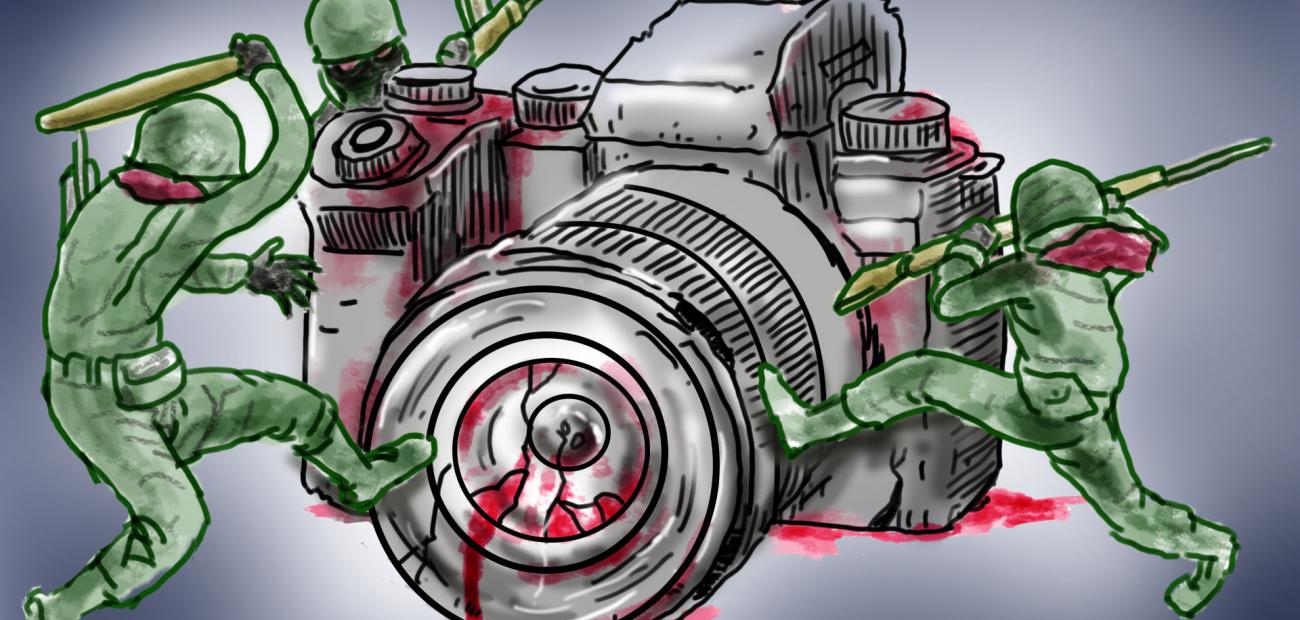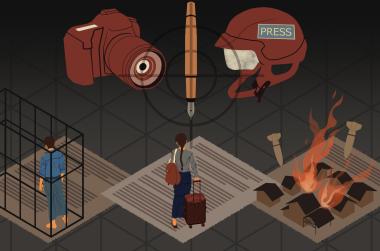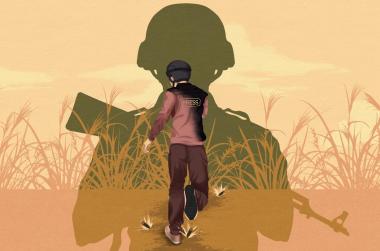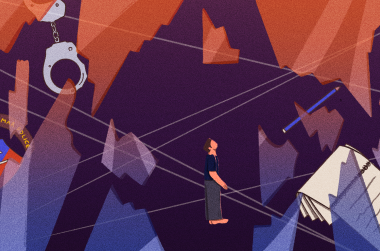The author is a Shan journalist who is receiving support from The Kite Tales to write these diaries.
There are many days when I pick up my dusty camera to clean it and imagine returning home.
After the military coup, journalists were designated as criminals. If you are arrested, you will not be prosecuted under the media law, but under political, criminal, or terrorism laws. Many have been sentenced to long prison terms.
There are also a lot of threats on social media against journalists. People make comments such as: “Make this news agency disappear” or “Kill this reporter”.
But getting rid of that reporting bug is almost impossible for journalists. They cannot live without writing news. So they still try to work and report even if they are on the run or living in border areas out of military control. Myself included.
I’ve been a journalist for a decade. Over the years I have learned a lot about the unfair and unjust treatment of the public by those who wield power. I always tried to use my journalism to stand up for people and reveal what was happening.
Of course, that means the criminals, the corrupt, the groups and organisations exploiting innocent people find journalists to be a nuisance. They treat us as enemies. No matter how accurate and truthful my work is, there are many people who hold grudges against what we do.
It is often worse in areas with minority ethnic groups. There are those who want to rely on weapons to do whatever they want.
More than 10 journalists have been arrested in Shan State since the coup. There are also journalists who are under arrest warrants but have so far been able to evade the junta. These days, it’s almost as if there are no journalists left in the whole state. Since there are fewer journalists who will expose wrongdoing, the people suffer more and more.
Still, whenever I hear that arrested journalists have been released, I think perhaps the oppression of the media has eased.
Late last year, I was homesick and consulted a friend about what is happening in my city and was wondering if I should start planning my way home. Then news broke on Christmas Day that Ko Kyaw Zaw, the editor-in-chief of the Taunggyi-based Kanbawza Times News Agency, had been arrested early that morning.
The military opened a case against Ko Kyaw Zo after the coup. His wife and several staff members were sentenced to two years in prison and spent more than a year in Nyaung Shwe Prison. He was arrested not long after they were released.
That news taught me that the military has a plan to arrest any journalist at any time, no matter how peaceful the situation on the ground is, or how long it has been since the coup.
The worst part is that reporters have no idea who among us has an arrest warrant out on us.
A journalist friend from northern Shan discovered that there were arrest warrants issued for reporters in their news agency when a lawyer they knew stumbled on the information while working on a different case..
“I have not been able to go home for more than two years," they told me.
Everyone who has worked as a reporter is worried about security because you could be arrested at any time whether you continue to work in news or not.
I can't stop working as a news reporter. But I know that if I continue, the danger is ever present.
The artwork is by an anonymous illustrator who is receiving support from The Kite Tales to produce illustrations.





